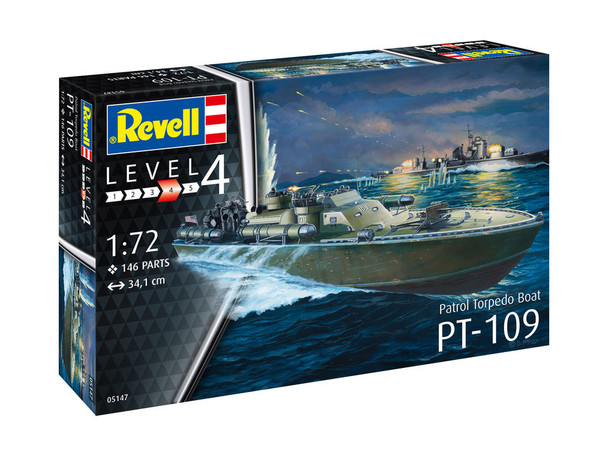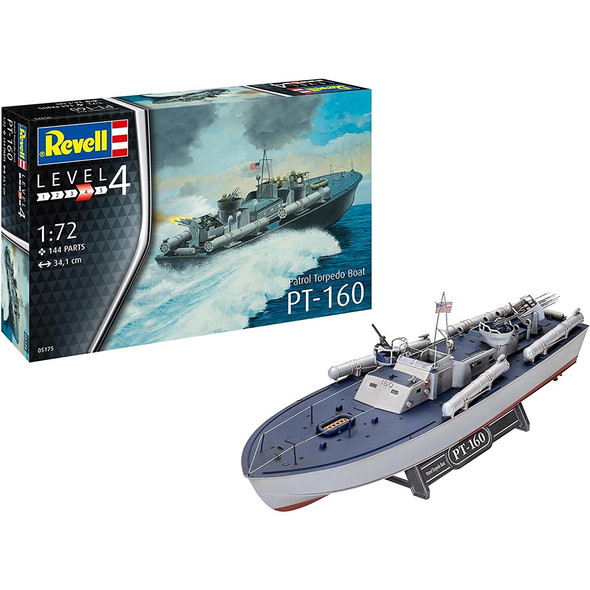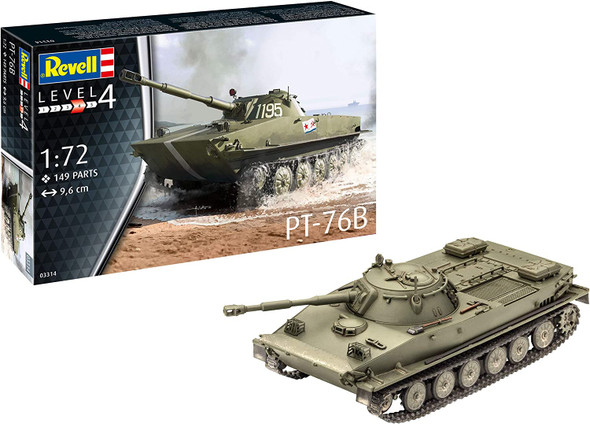Frequently bought together:
Description
PT stands for a long and varied series of American torpedo boats from the Second World War. It can be assumed that the first cutters in this series were built at the turn of 1939-1940, and their entry into service with the US Navy dates back to 1940. The PT-type cutters had a displacement of 30 tons, their length ranged from 21 to 24 m and the width from 6 to 7 meters. The maximum speed of the PT cutters was 39-40 knots. During World War II, ships of this type were used with various types of small arms and artillery weapons, but the following configuration was common: two 12.7 mm M2 machine guns, a single 20 mm Oerlikon cannon, and 4 533 mm torpedo tubes.
The roots of the PT series boats go back to 1938-1939, when the US Navy decided to acquire new torpedo boats with a high maximum speed. Due to the considerable problems encountered when designing this type of ships, it was decided to acquire the license rights for such ships in Great Britain from British Power Boat. The production of new cutters was commissioned to the American company Elco (the so-called PT-10 type), which, at the beginning of 1941, developed its own version of the new cutter - larger and much better equipped (the so-called PT-20 type). However, due to the protests of Huckins and Higgins, the boats of these producers (similar to those produced in Elco) entered service in the US Navy. It is worth adding that at the beginning of 1942, the Elco company developed another development version (the so-called PT-103 type), which was enlarged compared to the so-called type PT-20. The lion's share of PT series cutters served in the Pacific, fighting against the Japanese fleet, e.g. during the struggle in the area of the Gudalcanal island in 1942-1943. One of the most famous cutters of this type was the PT-109, commanded in 1943 by the future US president - John Fitzgerald Kennedy.
View AllClose









